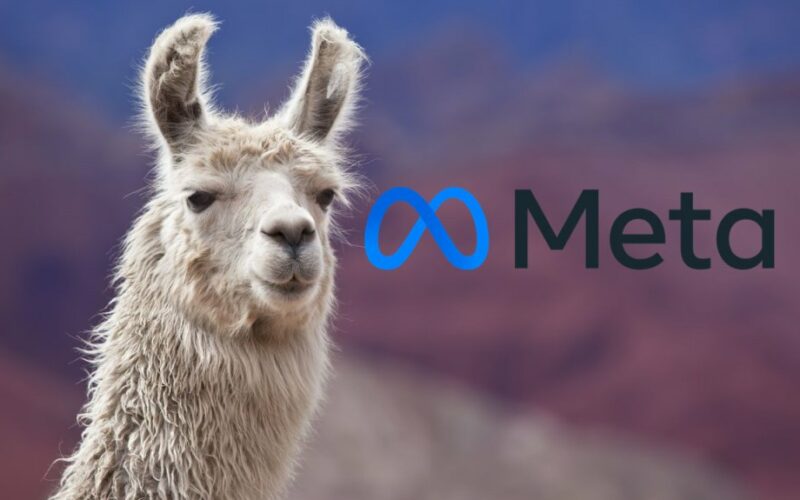Cox also noted that Meta AI — the company’s assistant powered by Llama — has reached around a billion users worldwide.
The Llama series has quickly become a central player in the open-source AI scene. Meta’s decision to release open weights, unlike companies such as OpenAI or Google, has made Llama appealing for developers working on everything from academic research to production-grade tools.
The latest generation, Llama 4, includes models like Scout and Maverick. Scout, in particular, uses a Mixture-of-Experts architecture and supports massive context windows up to 10 million tokens, which is a big deal for developers working on large-scale summarization, multilingual processing, or coding tools. Meta also says it pre-trained Llama 4 using 200 languages, with at least a billion tokens for each of the top 100.
What Went Down at LlamaCon
LlamaCon gave Meta a platform to show where things are heading. One of the big reveals was the new Llama API, built to simplify the process of using Llama models in apps or services. It’s part of Meta’s broader push to remain a go-to option in the open-source space, where others, like Alibaba’s newly released Qwen3 models, are starting to draw attention.
Meta also shared updates on bias reduction efforts. In internal tests, Llama 4 was less likely to respond to controversial prompts compared to Llama 3.3 — roughly 2% of the time, down from 7%. The goal is to make the models more reliable for sensitive applications.
The Backlash
Despite the celebratory tone, Meta hasn’t had a smooth ride. Earlier this month, the social giant faced accusations of benchmark manipulation. Critics pointed out that an “experimental” version of Llama 4 Maverick was submitted to LMArena — an open ranking site for models — earning a high score of 1417, only for Meta to release a different version to the public. Meta’s VP of Generative AI, Ahmad Al-Dahle, denied the model was trained on test sets, but the move still raised eyebrows.
On top of that, some in the AI community weren’t impressed with Llama 4’s performance, especially around multimodal tasks. A Medium post even went as far as calling the model a “national security threat,” though the argument leaned more toward clickbait than credible concern. That said, Llama 4 is earning praise on another front — price. With Maverick costing just 19 to 49 cents per million tokens, it’s far cheaper than GPT-4o, which runs at $4.38.
Why This Matters
The 1.2 billion download number isn’t just for show. It points to a shift in how people are building with AI. Open-weight models like Llama are removing barriers, letting startups and developers experiment without relying on costly APIs or black-box tools. Meta’s $65 billion AI budget for 2025 shows it’s serious about pushing Llama into infrastructure territory.
From a developer’s perspective, performance and accessibility are the draw. Scout runs on a single Nvidia H100 GPU and can churn out over 40,000 tokens per second with the newer Blackwell chips. Maverick, meanwhile, targets more intensive workloads with its 400 billion parameters.
What’s Next?
Meta is already training its next major release — codenamed “Behemoth” — which is expected to pack 2 trillion parameters and offer improved performance in STEM-related tasks. At the same time, integrations with platforms like AWS, Azure, and Databricks are making it easier for teams to get Llama up and running without major infrastructure work.
But the competition isn’t backing down. Alibaba’s Qwen3, DeepSeek’s R1, and proprietary models from Google and OpenAI are all nipping at Llama’s heels. If Meta wants to stay in front, it’ll need to keep improving consistency, transparency, and multimodal performance.
One Final Thought
Meta’s Llama may have hit 1.2 billion downloads, but the number alone isn’t the full story. The broader takeaway is that open models are winning developer trust, and that trust is shaping the next phase of AI innovation. As Mark Zuckerberg put it at LlamaCon, “Open-source AI is going to become the leading models, and with Llama 4, that is starting to happen.”







